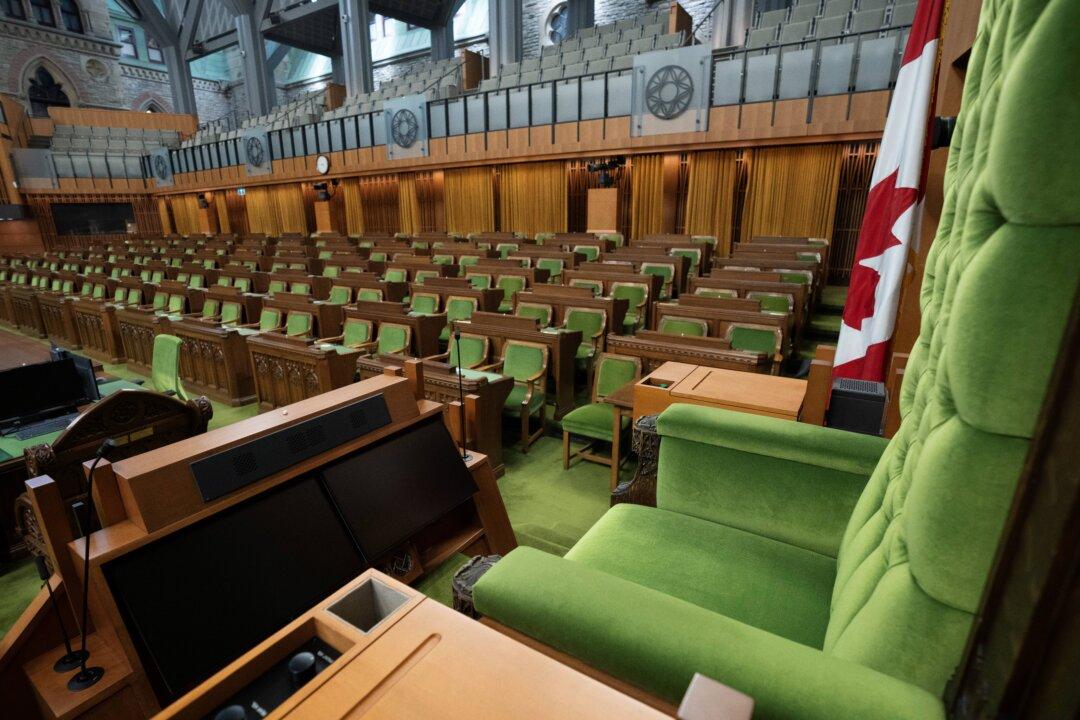A House of Commons order for the government to hand over the documents related to a green technology foundation has escalated into a Parliamentary gridlock that is showing no end in sight.
For over a week, Conservative MPs have carried on debate about the Liberal government’s refusal to provide unredacted documents related to Sustainable Development Technology Canada’s (SDTC) alleged misspending of taxpayers’ money. The Tories want the RCMP to investigate the issue, and say the police force should have access to unredacted documents.





